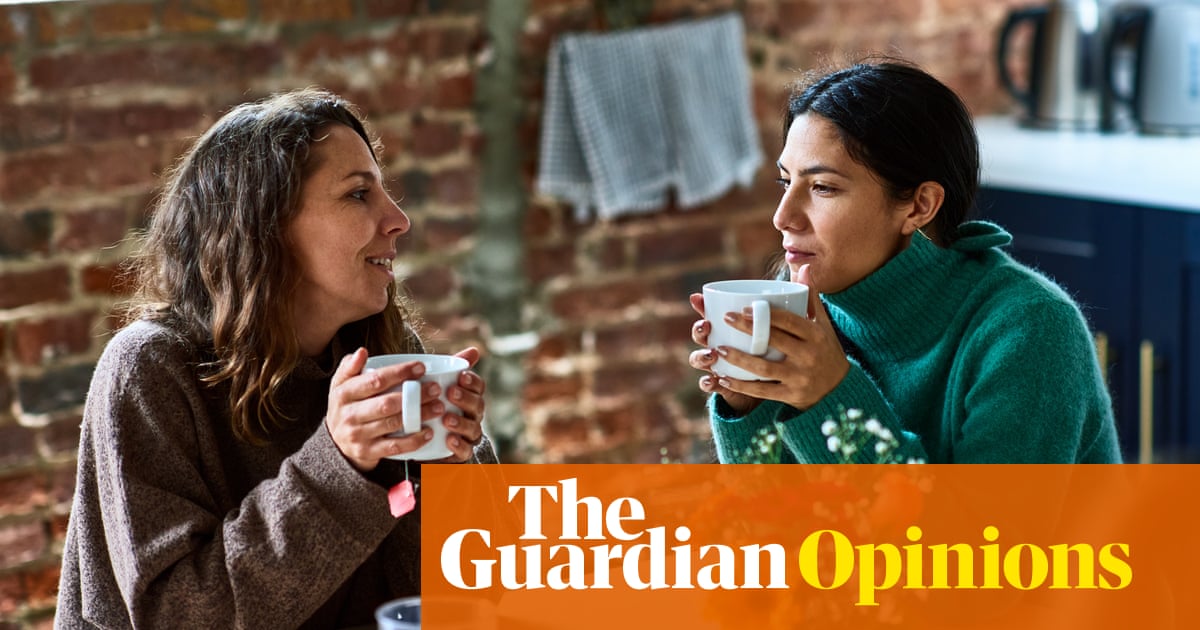
What I do believe is that we have a right to learn for ourselves who we will become, and what we will be like, by making transformative choices. I call this “revelatory autonomy”. I argue for this right in exploring a question: when is it morally OK to try to stop an adult friend, family member or beloved from making a transformative choice? My answer: it is OK to do so if, and only if, their right to revelatory autonomy is outweighed by competing moral considerations.
Those, however, are easy cases. What about trying to stop your friend from marrying someone? Or adopting a child? Or taking a dream job on the other side of the world? Even if they have a right to make transformative decisions for themselves, that does not mean that you can’t offer them advice, but it does mean this: whatever advice you offer should respect their right to self-authorship. Nobody should pretend that they know for certain what this decision will be like for the other person, or offer advice too forcefully or too early in someone’s process of thinking through the choice they face. We are in a world of changing selves. We owe it to each other to make sure that we are able to look back and see that who we have become is, as much as it could be, the result of the transformative choices we ourselves have made. Advice-giving can and should play a crucial role in getting us there. We should just ensure that it doesn’t hold us back.
Some advice can even help a person to look back on a decision and rightly feel that they made it themselves. For example, trying to ensure that they do not allow others to unduly influence them, that they take such decisions seriously, or that they are as factually informed as possible.
We can also help someone better understand the nature of the choice they face. Can they see, for example, how these types of choices are likely to change some of the core features of who they are and how they would want to live their lives? That they cannot know exactly what the outcomes of these choices will feel like right now? How do they feel about this? What might we be able to do to help them think through these challenging facts?
Does it not seem like something will have gone importantly wrong here? I think so. It’s these questions I was grappling with in my recent paper about the right to “self-authorship”.
Media coverage of my paper has suggested that I think it’s immoral to give advice – whether solicited or unsolicited – about transformative choices. I don’t. To discourage ever giving such advice would deprive us all of much of what is good about friendship, family and love.
Now imagine instead that you look back and think: “You know what, I don’t really think I made those choices” – perhaps you realise you were unduly influenced by others. Even worse, for that reason, you feel alienated from who you’ve become. Because who you have become is not the product of transformative choices you made, in situations where it could have been.
So where does this leave advice-giving? Well, to start, as my paper explains, this right is not absolute. Just imagine a friend wanting to go on a killing spree to find out what it would be like, or another who wants to cause themselves gratuitous harm. Of course it is acceptable to try to stop them from doing that.
Getting this right is not easy. But why should we expect that responsible advice-giving about big life decisions would be?
Imagine that, at a ripe old age, you look back on the big decisions you’ve made – to get married, become a parent, live in a certain country, choose a career. You might think: “Regardless of how everything has played out, at least I made these choices myself.” When faced with these transformative decisions, you ensured that it was you who chose, rather than anyone else. As a result, you can see the self you’ve become as yourself, someone you’ve become through the transformative choices you made.
Why do I think we have this right? Because it is important that we have the kind of self-authorship that enables us to look back and feel, if not happy with the outcomes, then at least comfortable that we were the ones who made such big decisions for ourselves. If, at least as adults, we have not been able to exercise this self-authorship, something has gone wrong.

